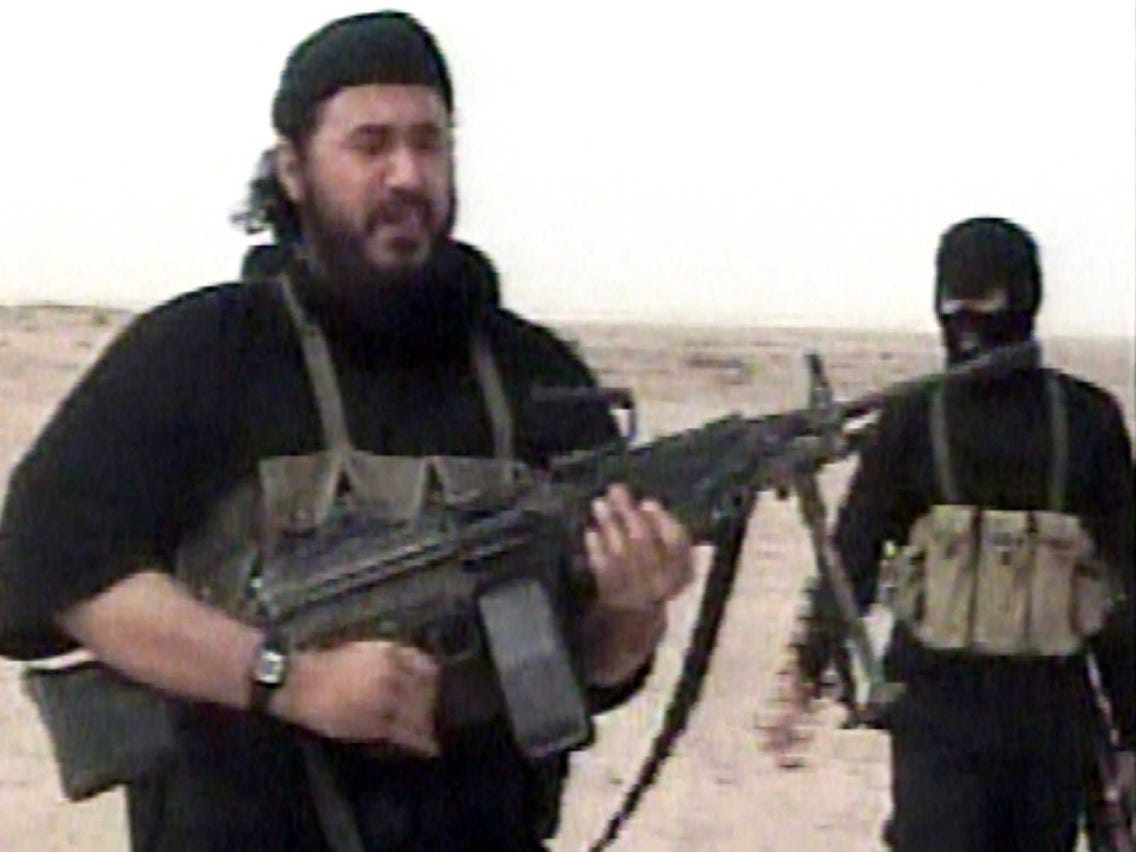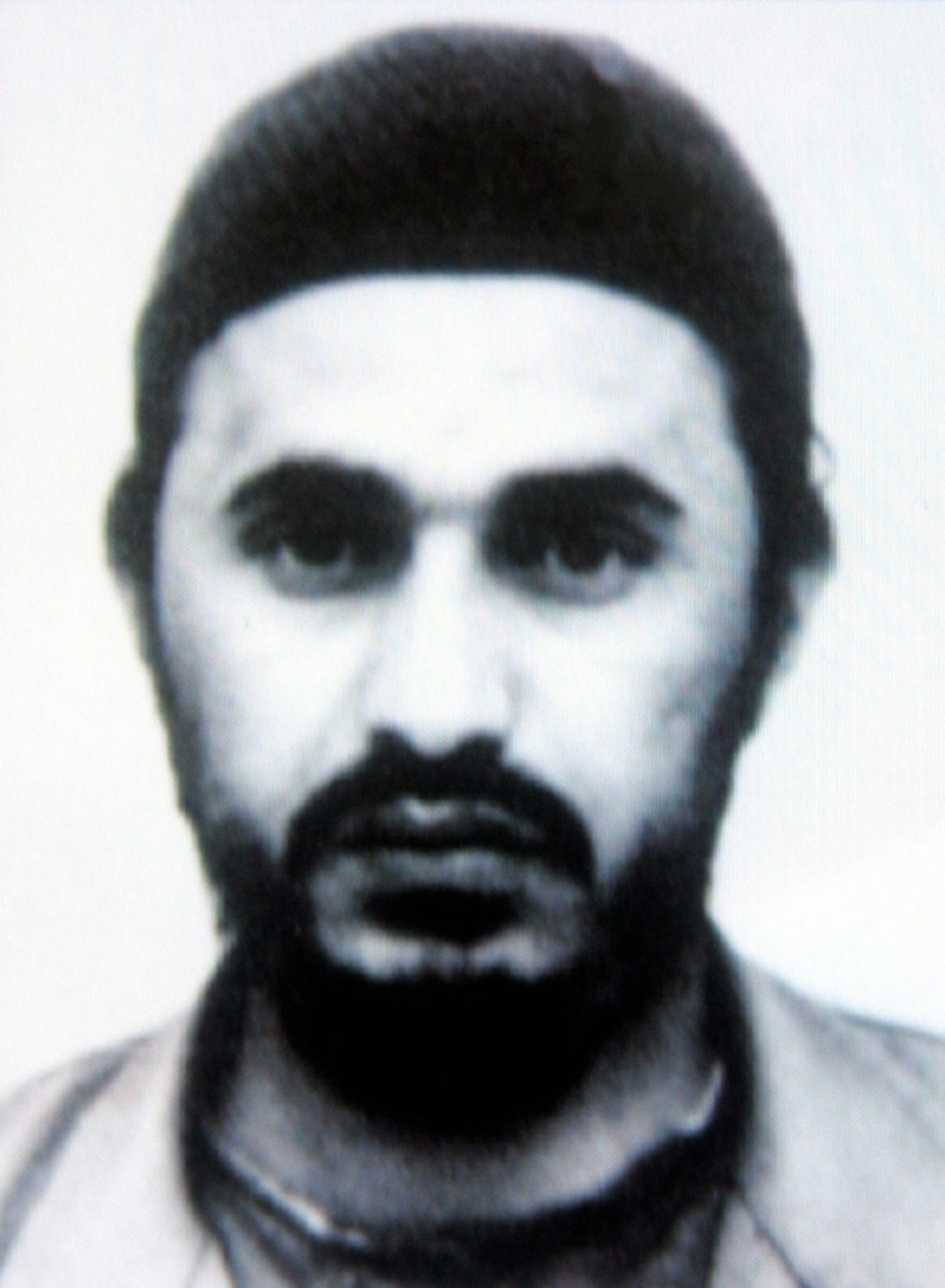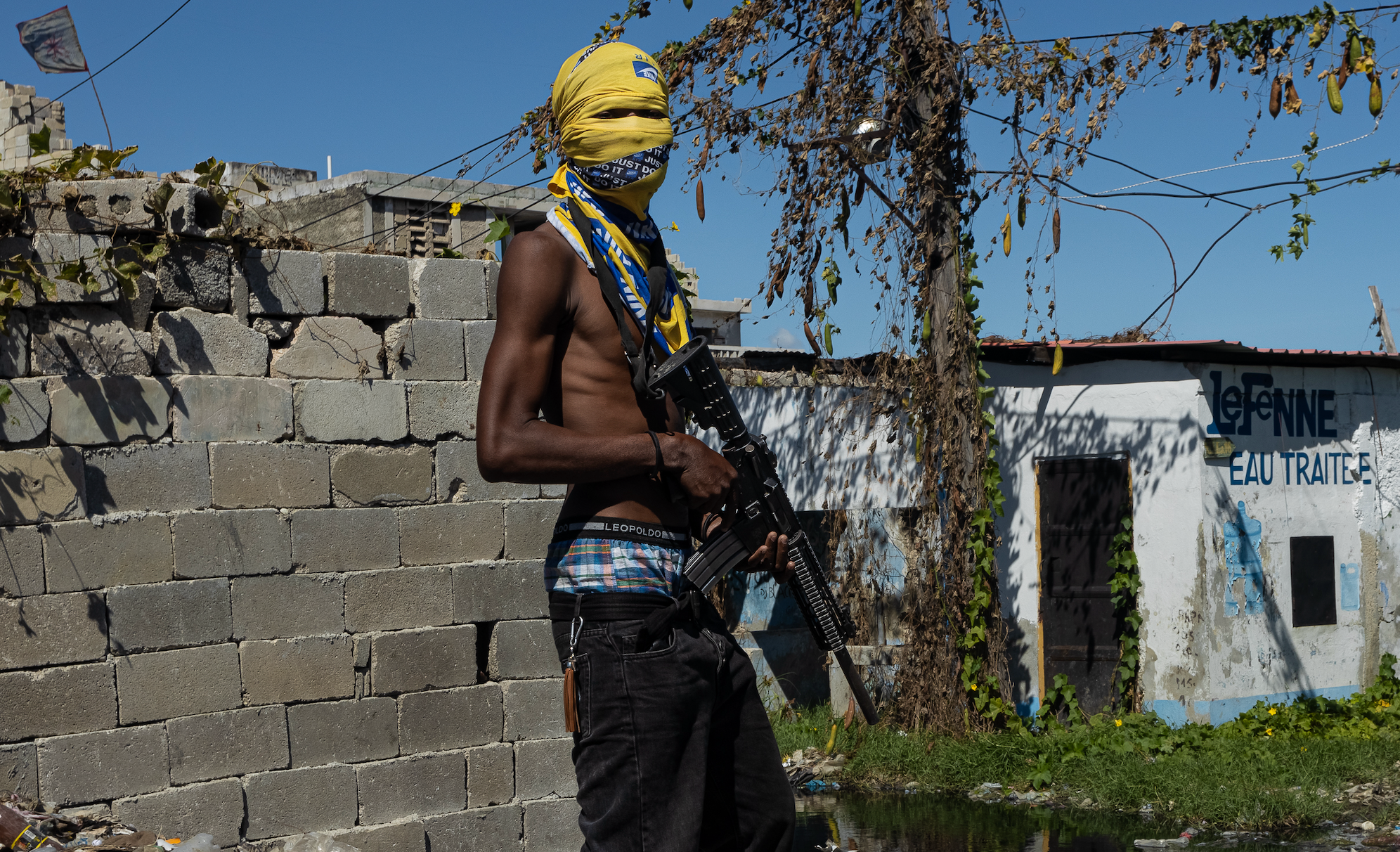
The Green Man, Pt. II
BY GABRIEL FANELLI
Being released from prison ten years early would usually come with a feeling of elation, but for Zarqawi he wasn’t sure how to feel. He had planned on finishing his entire fifteen-year sentence. With no desire to leave the familiar immediately, he stayed one more night with his friends. They discussed the future, shared scripture, laughed and said their goodbyes. The following morning, he returned to his family. The death of the King and subsequent release of Islamists from Jordanian prisons incensed Washington. King Abdullah would later admit that releasing them was likely a mistake; hindsight had apparently had LASIK in this case.
Zarqawi knew he wouldn’t be home for long, for he had had a taste of something bigger than himself and that something lay outside the mundane life of a family man in Zarqa. Besides, Jordan was now too dangerous for him. Even as a free man, Jordanian GID still kept him under surveillance. To appease his mother, he feigned efforts to search for a job. Perhaps he would buy a truck and sell fruits, he told her. Zarqawi had no intentions of selling anything but a path to Allah through the most violent and strictly religious life any man could think of. He spent the next month planning his trip to Pakistan where he would obtain a six-month visa.
He would later speak of leaving his hometown in search of a greater purpose in a broadcast in Iraq.
“Although I yearn for the cradle of my childhood and feel a burning desire for my parents, my brothers and my childhood friends, I am global and have no land that I can call my country. My fatherland is wherever God’s word takes me.”
The version of God’s word he chose to follow is very important to the creation of some of the vilest terrorist acts the world has ever seen. Years later he would become famous for being the first leader of a terror group to behead a prisoner with his own bare hands. This ultraviolence came from his form of Islam known as Salafism, a subsect of Wahhabism.
Most in the West recognize the term Wahhabism and associate it with the strictest forms of Islam. Salafism refers to al-Salaf al-Salih, or The Pious Predecessors. These predecessors are the first three generations of Muslims who had direct contact with the Prophet Muhammad and the only texts acceptable are the Quran and the Sunnah of Muhammad himself. No interpretation, no debate, everything literal. Not all Wahhabis are Salafis, but all Salafis are Wahhabis. Salafism adopts the very uncommon practice of Takfirism, where anything outside their brand of Islam is deemed heretical and should be dealt with accordingly. This includes everything from the Saudi Royal family, Shias, Sufis and Westerners. Zarqawi was taking this ideology on tour, and his future treatment of Shia Muslims would send Iraq into a death spiral. But first, he had to build up his network and that took him to Pakistan and Afghanistan.
He arrived in a suburb of Peshawar called Hayatabad in 1999. This town of 100,000 was a redoubt for al-Qaeda (AQ) given its proximity to the border with Afghanistan and several organizations loyal to AQ had set up shop there, including the Wafa Organization. This Islamist NGO was the Art Vandaley of the terrorism world, and the main facilitator for importing and exporting AQ fighters around the globe. But when Zarqawi arrived in Pakistan, The Taliban had used Peshawar as their rearward base of operations in Afghanistan and utilized the mosques as recruiting centers.
Arab fighters had flooded into Peshawar to join the Taliban and despite the Pakistani ISI’s well documented collusion with the Taliban and Islamist elements in the Pakistani politisphere, the government of Benazir Bhutto carried out several raids in Peshawar and Hayatabad in an attempt to purge Pakistan of Arabs. Jordan and the FBI had been working with Benazir Bhutto to specifically find Jordanians since the spring of 1999 in order to stop a terrorist attack planned for the turn of the millennium in Amman, masterminded by an American-Palestinian named Khalil al-Deek. From the time he had arrived in Pakistan on a work visa, Zarqawi was being monitored. As if the specter of prison was haunting Zarqawi, he was arrested. This prison stint only lasted a week before the government of Pakistan issued him an exit visa. His mother was adamant her son went to Pakistan to sell honey in the market.
Instead of returning home to Jordan, he made his way to Karachi then on to Afghanistan. He had yet to even entertain the idea of joining AQ, his loyalty lay with the Taliban. He headed a training camp at Herat where he met his second wife, then 13. His first wife and children were still in Pakistan. Many Jordanians in Afghanistan had heard of Zarqawi from his prison days, and his de facto leadership extended to a group of about 40 Jordanians who would soon meet with an infamous man named Abu Zubaydah. The next seven years of his life would be very short, and very violent.









